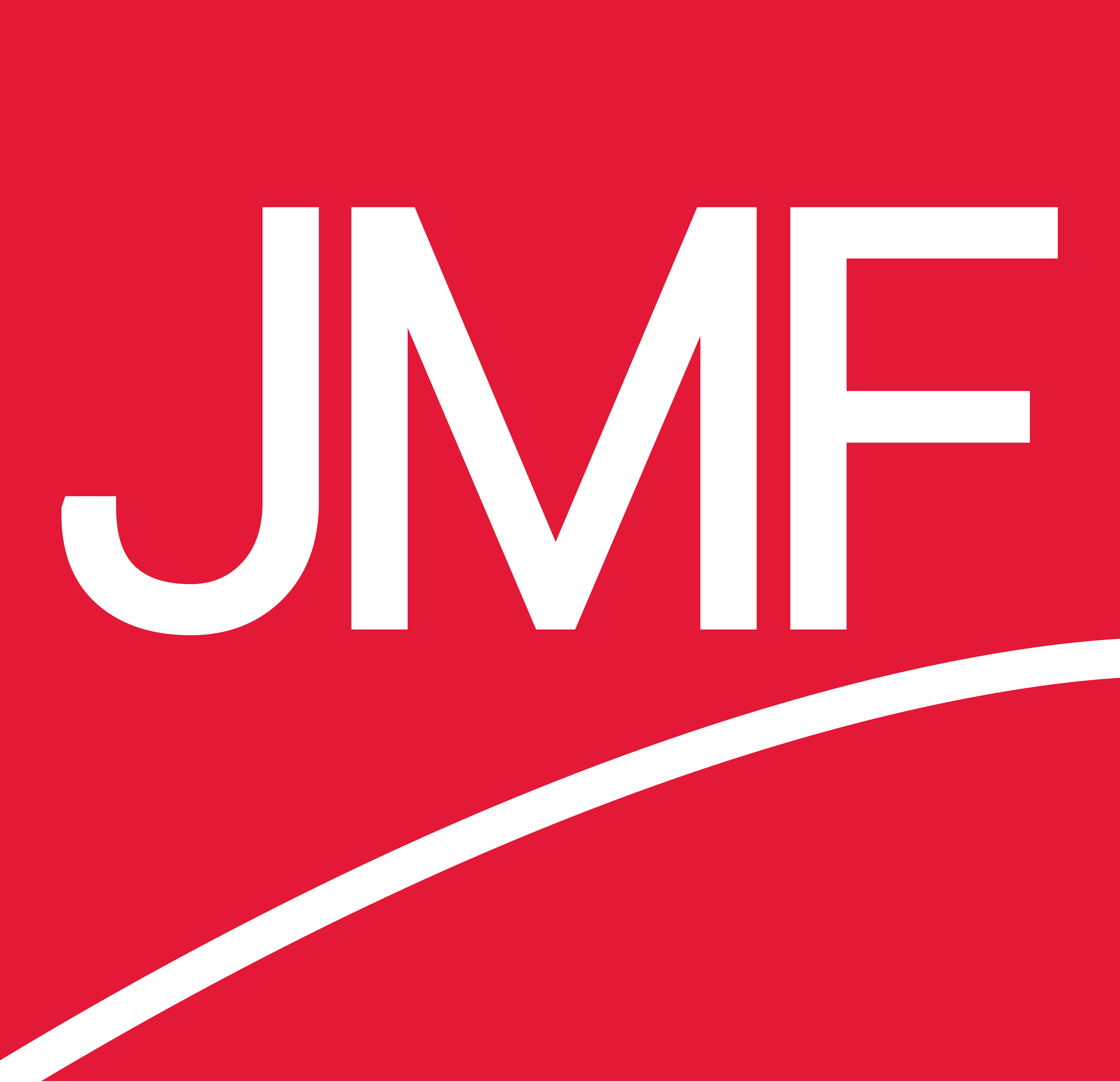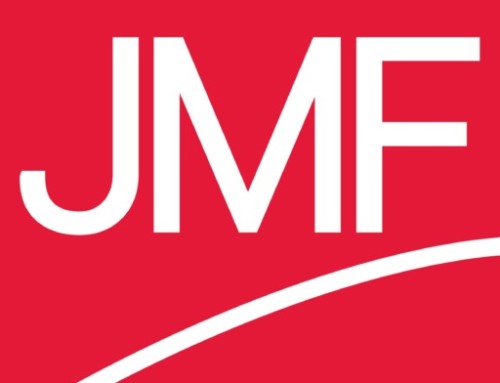On July 4, 2025, President Trump signed into law the massive “One Big Beautiful Bill Act” (OBBBA). We are calling it the “OB3” in our office. This new legislation, close to 900 pages long, includes sweeping changes for both individuals and businesses. Here is a brief rundown of several key tax provisions.
Individual extenders: The new law extends many individual tax provisions in the Tax Cuts and Jobs Act (TCJA) passed during Trump’s first term that were scheduled to expire after 2025. This includes:
- Current tax rate brackets featuring a bottom rate of 10% and a top rate of 37%.
- Elimination of personal exemptions.
- Higher exemption and threshold amounts for the alternative minimum tax (AMT) calculation.
- Lower deduction threshold for mortgage interest and elimination of write-offs for home equity debt.
- Elimination of most casualty loss deductions (except for certain disaster-area losses).
- Elimination of miscellaneous expense deductions.
- Elimination of moving expense deductions (except for active-duty military personnel).
The new law makes these provisions permanent with certain modifications.
Standard deduction: The TCJA essentially doubled the previous standard deduction amounts, with inflation indexing, from 2018 through 2025. Now the new law increases the standard deduction for 2025 to $15,750 for single filers and $31,500 for joint filers, subject to indexing after 2025.
Senior citizen deductions: The new law provides a $6,000 deduction for each qualified filer age 65 or older ($12,000 on a joint return if each spouse qualifies). The deduction is available from 2025 through 2028 in addition to the usual deduction for seniors 65 or older, but it is phased out for single filers with a modified adjusted gross income (MAGI) above $75,000 and $150,000 for joint filers. Note: Social Security benefits remain taxable.
SALT deductions: The TCJA established a $10,000 cap on annual deductions for state and local tax (SALT) payments. Under the new law, this deduction limit for itemizers is increased to $40,000 in 2025, with a 1% increase in each succeeding year until it reverts to $10,000 in 2030. The cap is reduced by 30% of the amount by which MAGI exceeds $500,000, with a 1% increase in the threshold each year through 2029.
Child Tax Credit: After several temporary enhancements, the new law permanently raises the Child Tax Credit (CTC). The maximum credit, which was scheduled to drop from $2,000 to $1,000 in 2026, is set at $2,200, subject to higher phase-outs of $200,000 for single filers and $400,000 for joint filers. Beginning in 2026, the maximum CTC will be indexed for inflation. The refundable portion of the credit is capped at $1,700 for 2025.
Charitable deductions: Beginning in 2026, the charitable deduction claimed by itemizers is limited to contributions in excess of 0.5% of taxable income (1% for corporations), thereby creating a new “floor” for deductions. Single filers who do not itemize can deduct up to $1,000; $2,000 for joint filers.
Auto loan interest: Previously, interest paid on auto loans was treated as nondeductible personal interest. The OBBBA creates a new deduction of up to $10,000 from 2025 through 2028 for interest paid on a vehicle assembled in the U.S. and purchased after 2024.
Tips: The new law does not exempt tips received by workers in service industries from tax, but instead provides an annual deduction limited to $25,000 for each qualified worker from 2025 through 2028. The deduction begins to phase out at MAGI of $150,000 for single filers and $300,000 for joint filers.
Overtime pay: As with tips, overtime pay will not be exempt from tax, but a single filer can annually deduct up to $12,500 a year, or $25,000 for joint filers, subject to a phase-out beginning at $150,000 of MAGI for single filers and $300,000 for joint filers. This deduction begins in 2025 and expires after 2028.
Section 179 limit: The limit on the Section179 “expensing” deduction for qualified property placed in service jumps from $1 million to $2.5 million, beginning in 2025. In conjunction, the phase-out threshold is raised from $2.5 million to $4 million. As before, these limits will be indexed for inflation.
Bonus depreciation: Although the TCJA authorized 100% “bonus depreciation” for qualified property placed in service, the deduction was being gradually reduced over a five-year period. The new law reinstates 100% first-year bonus depreciation for qualified property acquired and placed in service after January 19, 2025.
R&E expenses: Previously, research and experimentation expenses were currently deductible, but then had to be amortized over five years. The OBBBA restores the current deduction for qualified costs incurred after 2024 for taxpayers that choose to claim it. Icing on the cake: A small business with average annual receipts of $31 million or less in the prior three years can claim the deduction retroactive to 2022.
QBI deduction: The TCJA created a brand-new deduction of up to 20% of the qualified business income (QBI) received by passthrough entities and self-employed individuals, subject to phase-outs. Unlike most business provisions in the TCJA, the QBI deduction was set to expire after 2025, but the new law makes it permanent, with certain modifications.
Estate and gift taxes: The $10 million estate and gift tax exemption, scheduled to revert to $5 million after 2025, is upped to $15 million, beginning in 2026. As before, this amount will be indexed for inflation.
And there is much more. Among other items, the OBBBA provides the following:
- Creation of tax-favored “Trump accounts” for newborns with “seed money” of $1,000 per child. The Trump accounts, which will operate like IRAs, are available for children born from 2025 through 2028.
- Revisions to the reinstated “Pease rule” that reduces itemized deductions for those in the top 37% tax bracket, beginning in 2026.
- An increase in the annual limit for contributions to flexible spending accounts (FSAs) for dependent care expenses from $5,000 to $7,500, beginning in 2026.
- Tax credits for contributions to scholarship-granting organizations.
- Expansion of use of 529 plans for elementary, secondary and home-schooling expenses.
- Enhancements in family and medical leave credits
- New restrictions on employee retention credit (ERC) claims.
- Expansion of qualified small business stock (QSBS) benefits.
- Numerous revisions in laws relating to taxation of foreign and international income.
- Termination of certain provisions for “going green”—including credits for electric vehicles (EVs) and residential home improvements —generally beginning after 2025 (after September 30, 2025 for EV credits).
More to come: This brief article only covers some of the highlights of the new law. We will provide more details in future issues.







Leave A Comment
You must be logged in to post a comment.